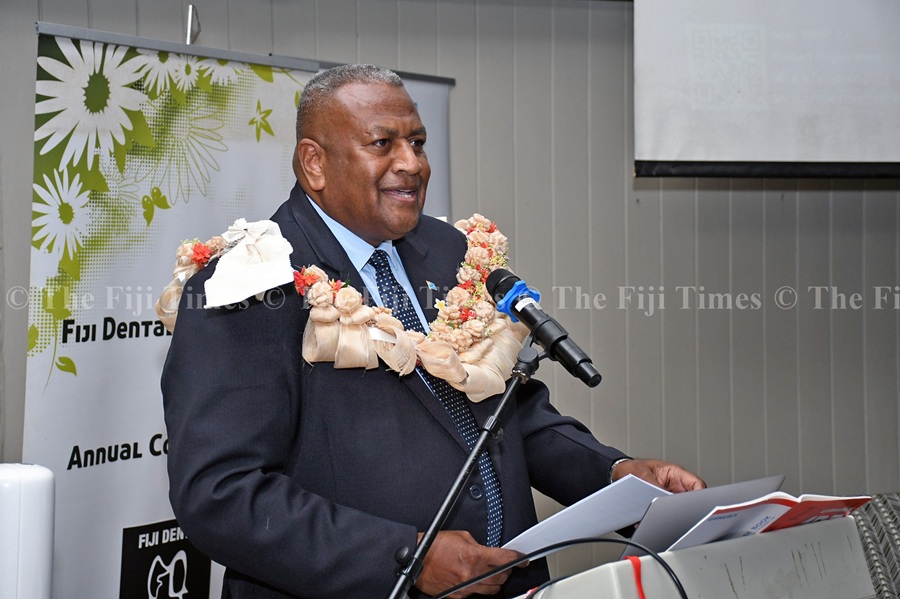The revelation that eight children under the age of 15 became mothers in the first six months of this year is shocking and troubling.
It turns the dynamics of how we perceive life in Fiji, confronting us with the reality that some of our children are growing up too quickly, and in ways that carry life-long consequences!
This was part of statistics provided by the Assistant Minister for Health Penioni Ravunawa.
Alongside these cases, 481 girls between the ages of 15 and 19 also gave birth during the same period. The figures should ring alarm bells across the nation.
Mr Ravunawa was clear in pointing out the underlying factors driving this disturbing trend.
He cited the influence of social media, access to pornography, loss of family time and values, and peer pressure as powerful forces reshaping the lives of our young people.
He spoke about the Fiji he grew up in, which was vastly different from today.
His generation learned from parents, teachers, and community leaders. They valued faith, race, and culture.
Today, however, he believes many children are being raised by devices and platforms that parents struggle to monitor, while globalisation and cyberspace shape values in ways that undermine traditional structures of guidance and discipline.
The Assistant Minister’s words highlight an uncomfortable truth. Families are losing touch with their children because technology has created private worlds behind closed doors. In these spaces, young people are exposed to influences parents neither control nor fully understand.
Across the world, nations are grappling with the darker sides of social media.
In Australia, the government is in the final stages of finalising rules that would ban children under 16 from accessing social media platforms for instance.
The move is being watched closely across the Pacific, as policymakers and families debate whether such restrictions could offer protection from the risks of early exposure to harmful content.
Should we follow suit? That is a question worth careful consideration. On one hand, restricting children’s access to social media could help shield them from harmful content, predators, and peer pressures amplified online. On the other, enforcing such a ban presents enormous challenges. Policing digital spaces requires resources, technical expertise, and the cooperation of social media giants who do not operate under our laws.
Perhaps, we should wait to see how effective Australia’s ban will be, and how it will be monitored and enforced. The lessons learned there could guide us in developing a policy response better suited to our own realities.
But while policies and regulations have their place, the heart of this challenge lies much closer to home.
Technology may have changed, but the need for strong families, caring communities, and attentive parents has not.
As Mr Ravunawa reminded us, reviving traditional values and strengthening family bonds is vital if we are to guide our young people through an increasingly complex world.
The reality of children becoming mothers before they even finish school is a tragedy we cannot ignore. It raises questions about education, health, responsibility, and the kind of society we want to build.
We should confront this issue with urgency and compassion. If we fail, we risk condemning another generation of young girls to lives shaped by circumstance.
So, shouldn’t we be focused on creating a base where our children are protected, nurtured, and given the chance to grow into their full potential?



